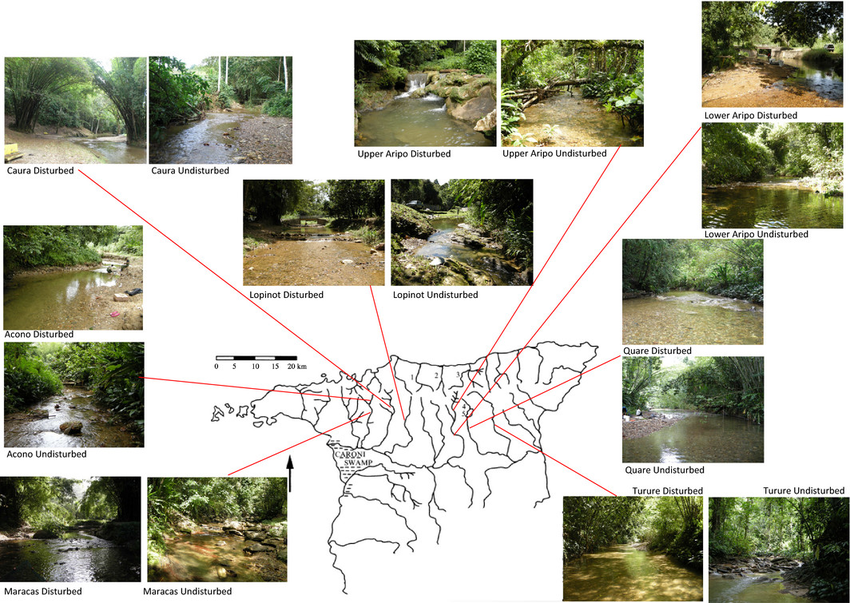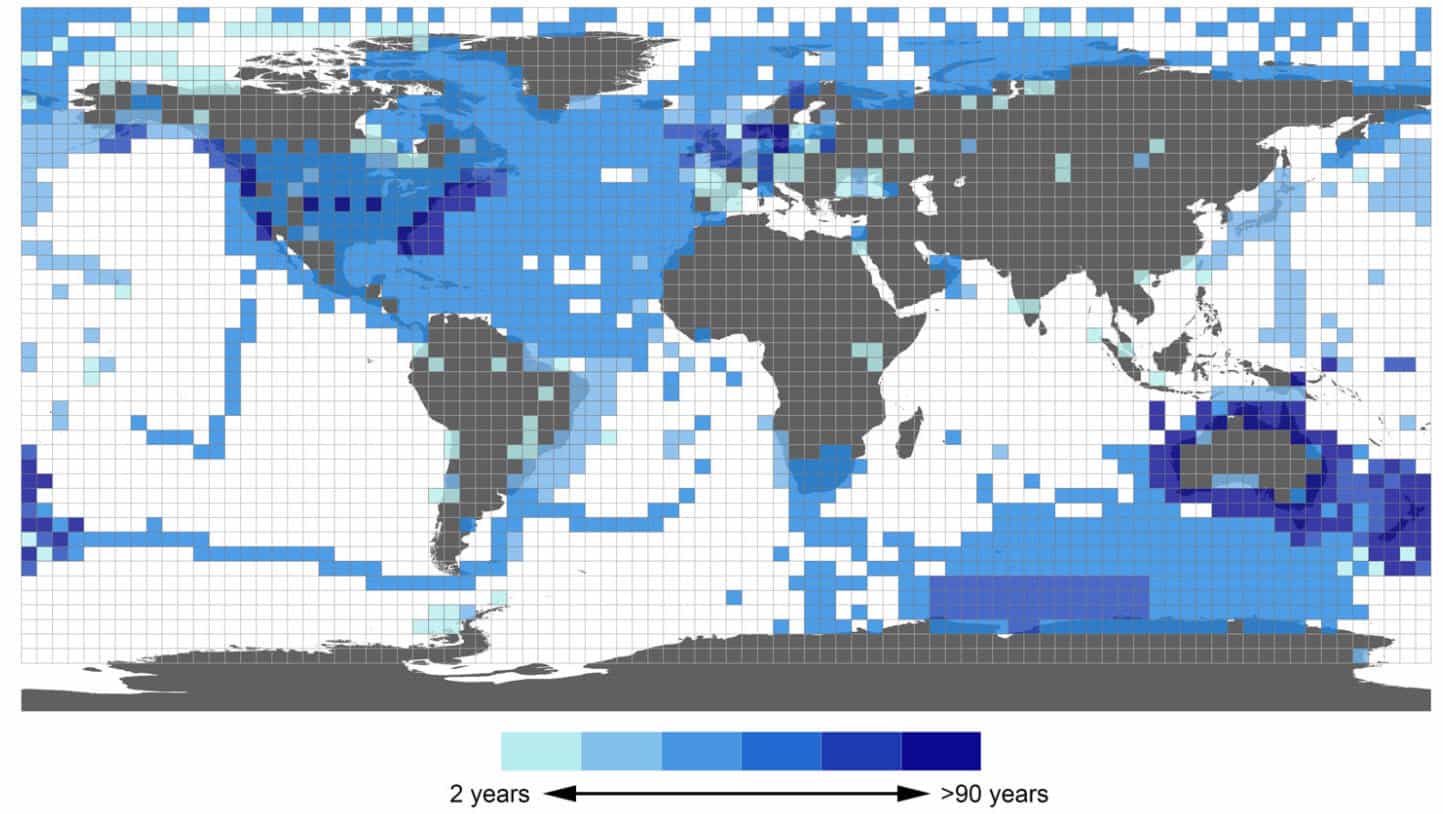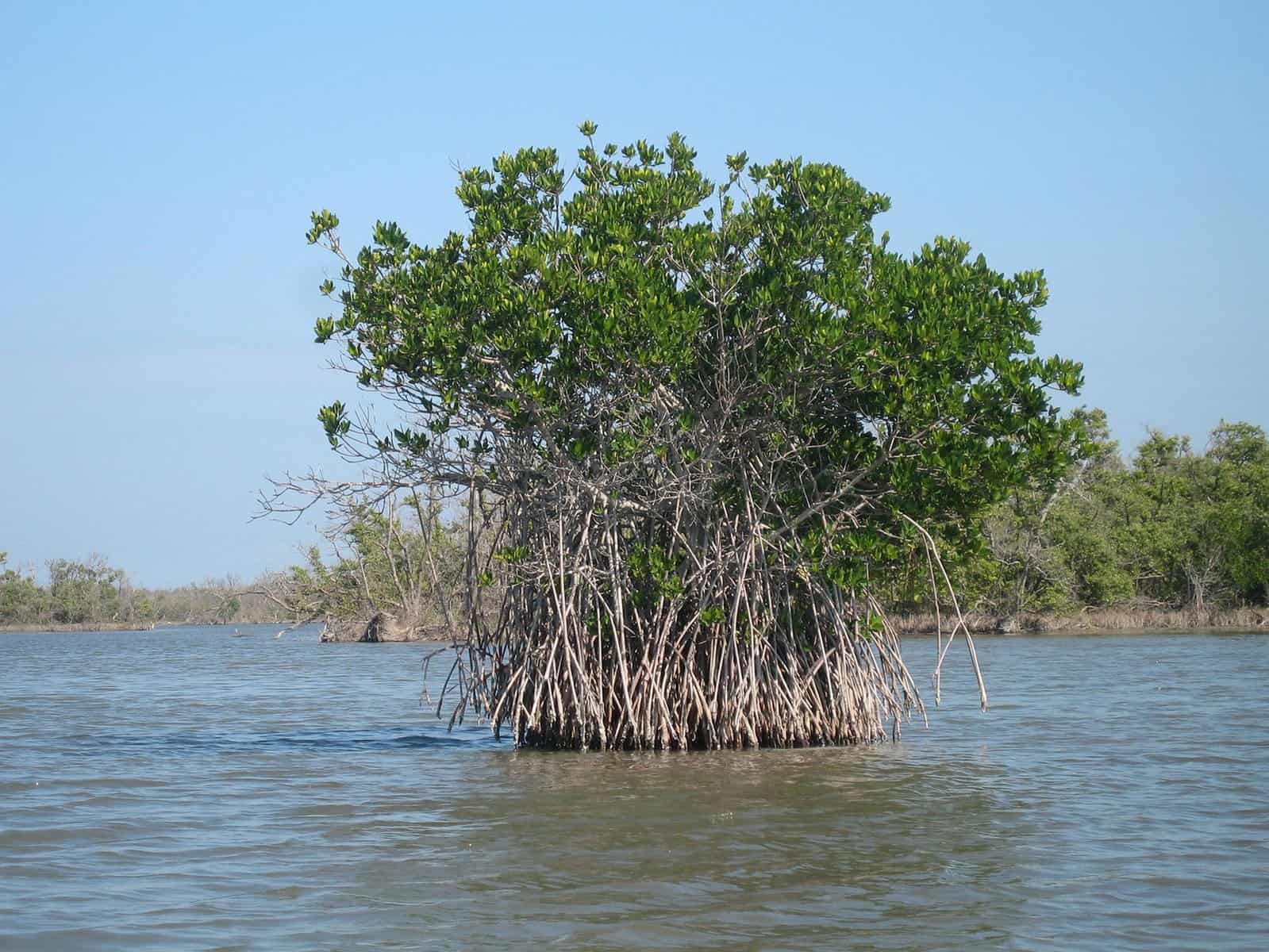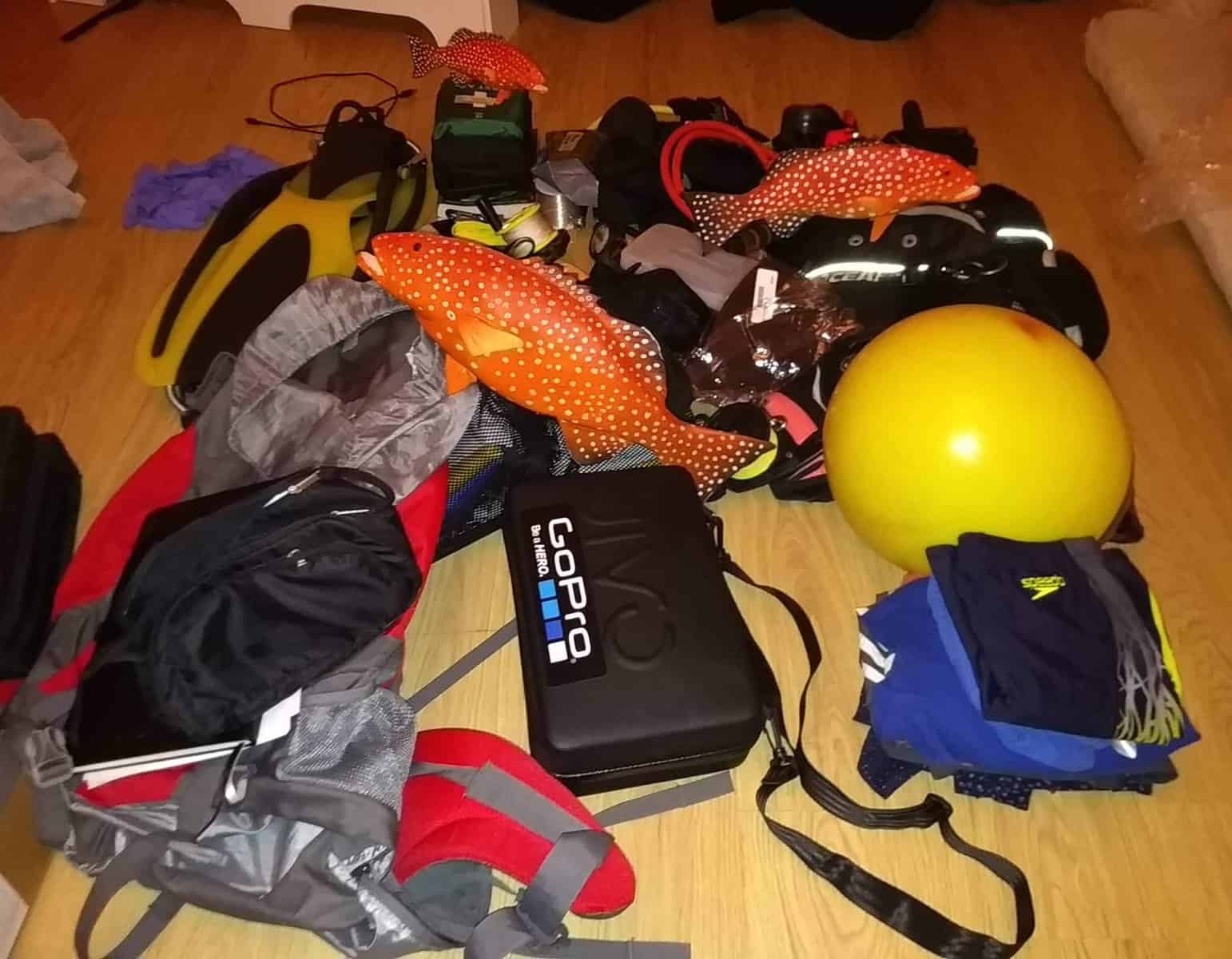Ada’s experience on applying for an FSBI studentship
Hi, I’m Ada, a first-year PhD student funded by the FSBI Studentship program. My path to a PhD place started in 2018 when I decided to apply for a research-focused masters in freshwater and fish ecology in the UK. The first decision was to contact Prof Anne Magurran, at the University of St Andrews, after reading some of her exciting […]



